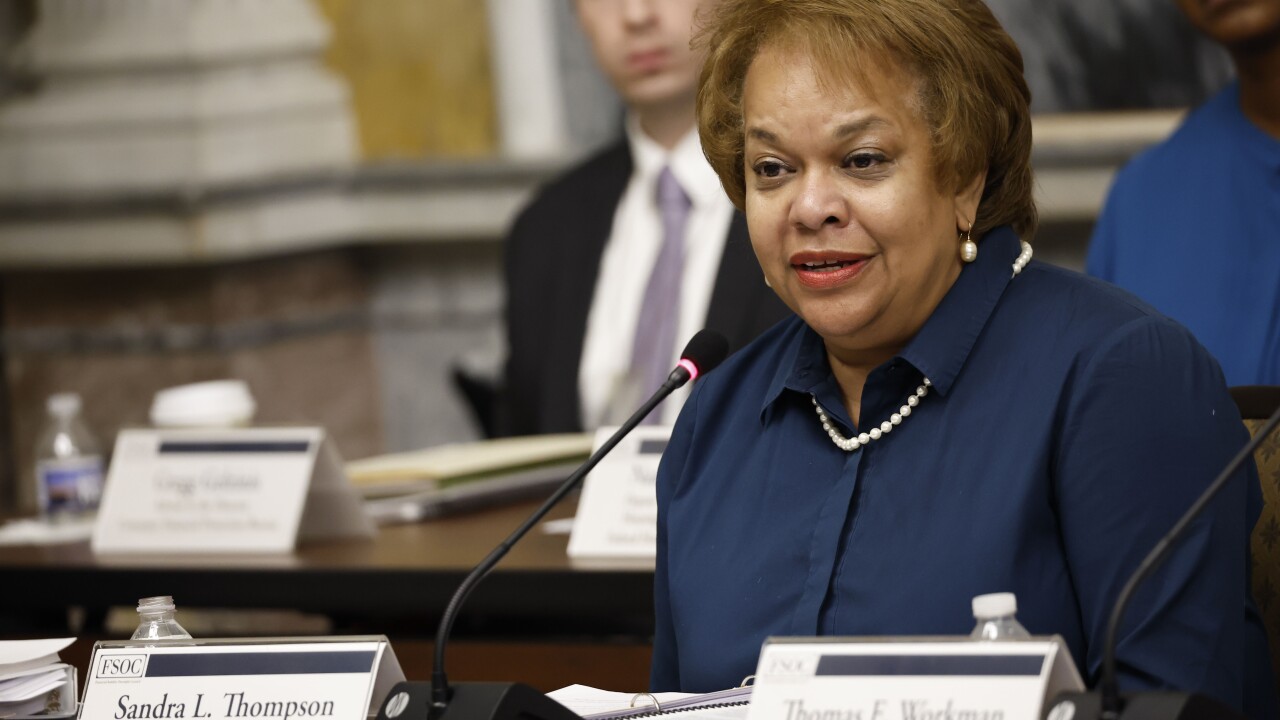A proposal by a single utility threatens to upend California’s sweeping mandate requiring solar panels on almost every new home.
The Sacramento Municipal Utility District is asking state regulators to allow its customers to get power from solar farms instead of installing their own panels, saying they should have a choice. Rooftop solar installers are meanwhile warning that this would undercut California’s clean-energy goals.
Allowing homeowners to choose would be a win for builders and a blow to Sunrun Inc., Vivint Solar Inc., SunPower Corp. and other rooftop installers that saw the mandate passed last year as a windfall. It could also have broad implications for other states considering following California's lead and enacting solar requirements of their own.

The utility's proposal, which California energy regulators are expected to vote on Wednesday, would be a big win for homebuilders — who’ve warned that the state’s solar mandate will drive up housing costs — and a major blow to Sunrun Inc., Vivint Solar Inc. and other panel installers that were betting on the rule for a surge in sales. The plan also threatens to undermine a movement to make rooftop panels mainstream and has broader implications for lawmakers elsewhere who were looking to follow California's lead.
"If this proposal goes through, we should expect to see other utilities follow," said Benjamin Davis of the California Solar & Storage Association, which represents panel installers. "This is just essentially a loophole."
The California Energy Commission member who spearheaded the state's solar mandate, Andrew McAllister, said its intention was to power more homes with clean energy — regardless of whether it's from rooftop panels or solar farms.
"This is all additional, so it's all good," McAllister said in an interview. "I think the either-or approach is kind of a red herring."
The mandate was unprecedented when enacted last year as part of former-Gov. Jerry Brown's effort to slash California’s carbon emissions. It required most new homes built starting in 2020 to include solar systems. Builders and others warned it would drive up the cost of buying a house by almost $10,000.
The rule includes a provision that allows utilities and others to propose programs for homeowners to forgo rooftop panels and instead get power from "community solar" farms, which are generally smaller installations close to customers they serve. Critics argue the Sacramento utility's proposal shouldn’t be considered "community solar" because the power plants are too far away or too large.
Panel installers contend rooftop systems have advantages over solar farms because they're more likely to spur homeowners to install batteries and don't require significant upgrades to the grid. That includes building transmission lines, which have been blamed for sparking deadly wildfires in California.
Sunrun, based in San Francisco, said the proposal to allow homeowners to choose is a "substantial step backward for clean energy in California."
Sacramento's utility, known as SMUD, serves 1.5 million customers and is the first in the state to propose the idea.
"I have no doubts that this is in compliance," said Tim Tutt, SMUD's program manager for state and regulatory affairs. "We made very sure about that."





